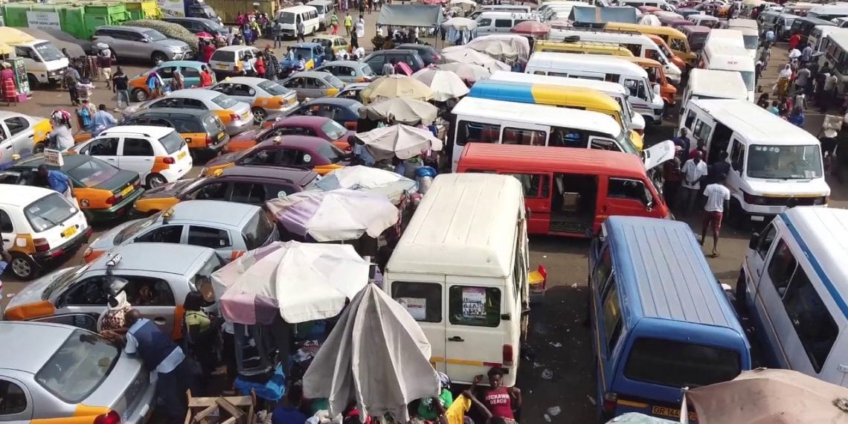Some commercial drivers in the Ashanti Regional capital, Kumasi, are being compelled to buy fuel on credit, following the rise in fuel prices, which has led to the increase in the cost of goods and services.
In an interview on JoyNews’ Living Standard Series, they expressed worry over the fuel consumption rate of their vehicles, a situation the drivers reckon is impacting negatively on their finances.
A driver at Ayigya, Anokye, said the price instability of the commodity at the pumps is affecting his livelihood.
He is among some drivers buying fuel on credit. The story is the same for his colleague, Asare, who indicated that his vehicle now consumes more fuel than his body consumes food.
He added that the increased prices have forced him to cut down his spending on food and plans to quit the job he loves.
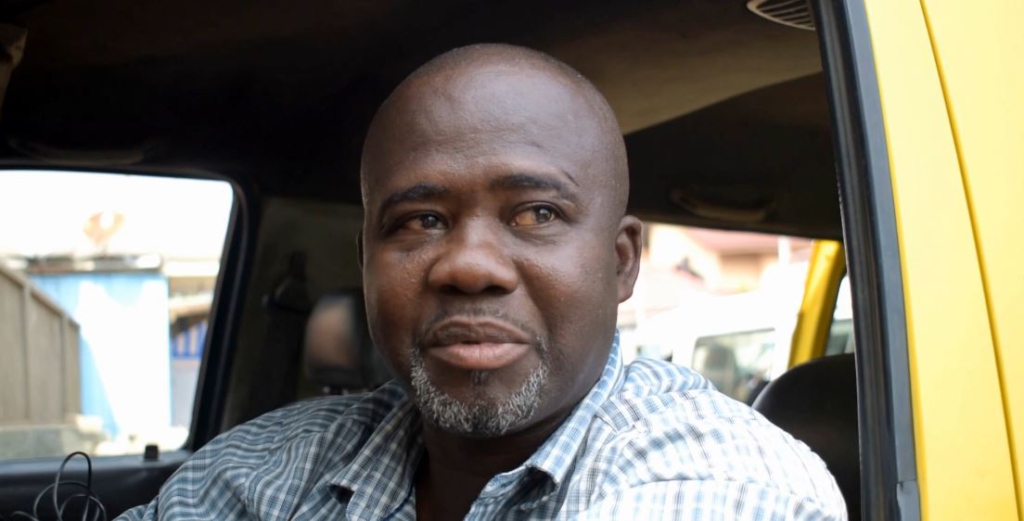
“It’s been tough for us. We mostly feel tired because there is no food in the stomach. You always have to wait until 4 pm before you can get something to eat in anticipation of the next day.
“You will work and won’t get anything. It looks like we are working for the car owners and the government because you work and use it to buy fuel; you work to make sales to the car owner. That is all; what are you earning? So we are just working on getting something better to do and quitting this driving work.”
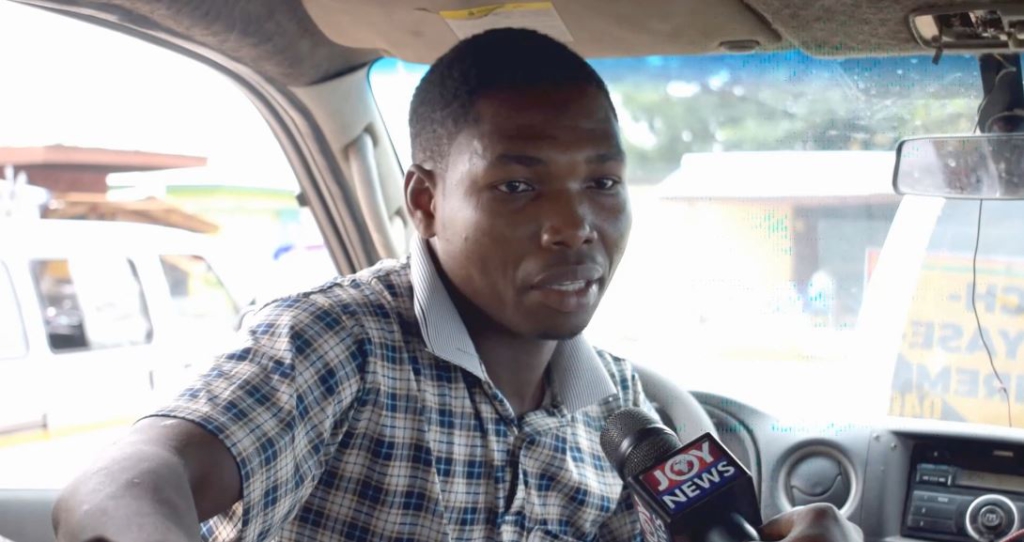
The 33-year-old says he is of age to get married, but he cannot afford even a wedding ring.
“Look at me; I don’t have a family, so when will I mobilise money to get family and even raise children who would take care of me?” he stated.
Two ladies working as bus conductors at Tech Junction, Angela and Priscilla, mentioned their daily earnings and commissions have dwindled lately.
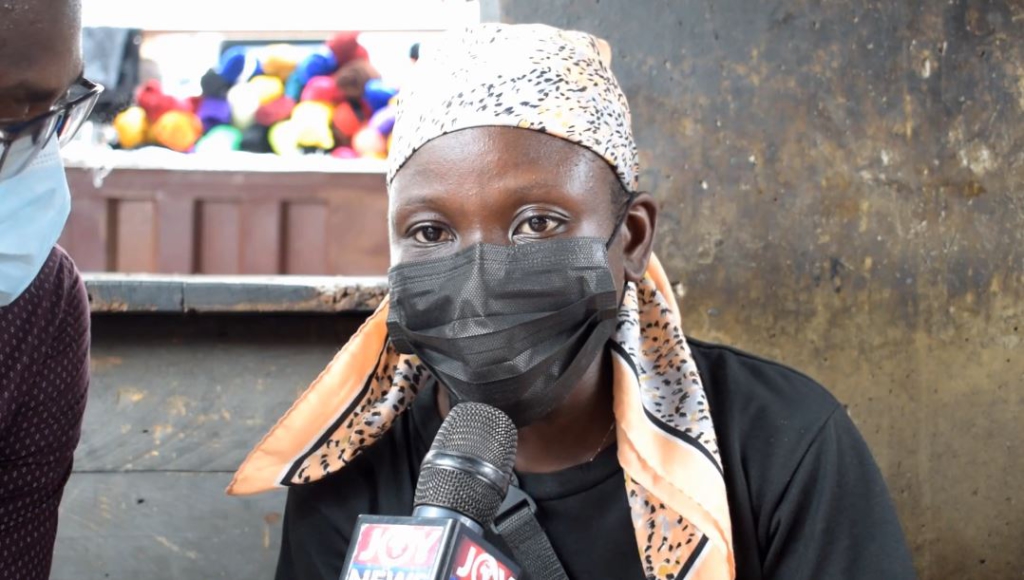
When their masters do not earn enough, these ‘trotro’ mates are disadvantaged in making an extra.
“I used to earn ¢80, but now we don't earn anything because of the hike in fuel prices. We only get ¢10. We currently pay more at the fuel stations; we don’t get enough commission nowadays.
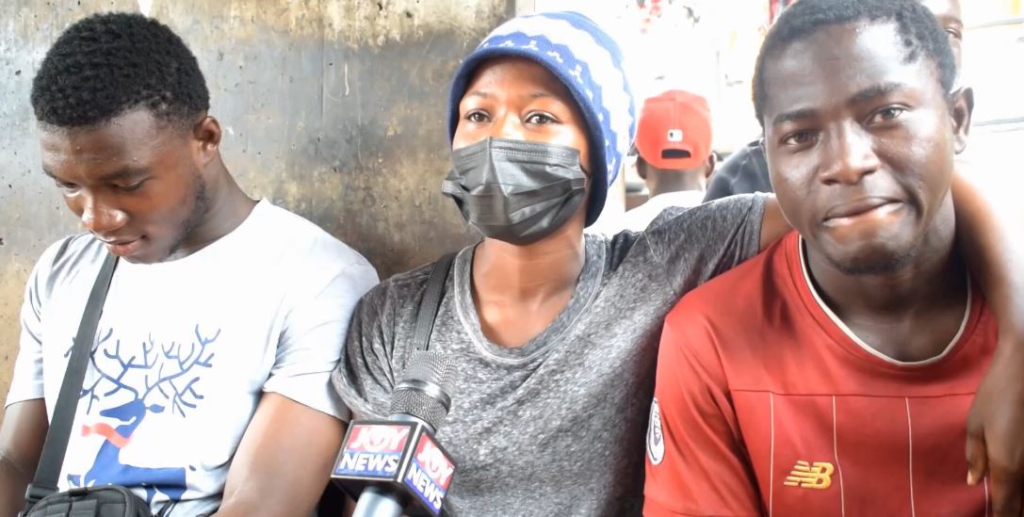
“Our maters aren’t getting enough now, so we can’t even make extra cash,” they indicated.
When next you join a public transport and see a trotro mate aggressively demanding the additional coins from you, the reason may not be far-fetched.
Latest Stories
-
Paris 2024: Opening ceremony showcases grandiose celebration of French culture and diversity
3 hours -
How decline of Indian vultures led to 500,000 human deaths
4 hours -
Paris 2024: Ghana rocks ‘fabulous fugu’ at olympics opening ceremony
4 hours -
Trust Hospital faces financial strain with rising debt levels – Auditor-General’s report
4 hours -
Electrochem lease: Allocate portions of land to Songor people – Resident demand
5 hours -
82 widows receive financial aid from Chayil Foundation
5 hours -
The silent struggles: Female journalists grapple with Ghana’s high cost of living
5 hours -
BoG yet to make any payment to Service Ghana Auto Group
5 hours -
‘Crushed Young’: The Multimedia Group, JL Properties surprise accident victim’s family with fully-furnished apartment
5 hours -
Asante Kotoko needs structure that would outlive any administration – Opoku Nti
6 hours -
JoyNews exposé on Customs officials demanding bribes airs on July 29
6 hours -
JoyNews Impact Maker Awardee ships first consignment of honey from Kwahu Afram Plains
8 hours -
Joint committee under fire over report on salt mining lease granted Electrochem
8 hours -
Life Lounge with Edem Knight-Tay: Don’t be beaten the third time
8 hours -
Pro-NPP group launched to help ‘Break the 8’
8 hours

